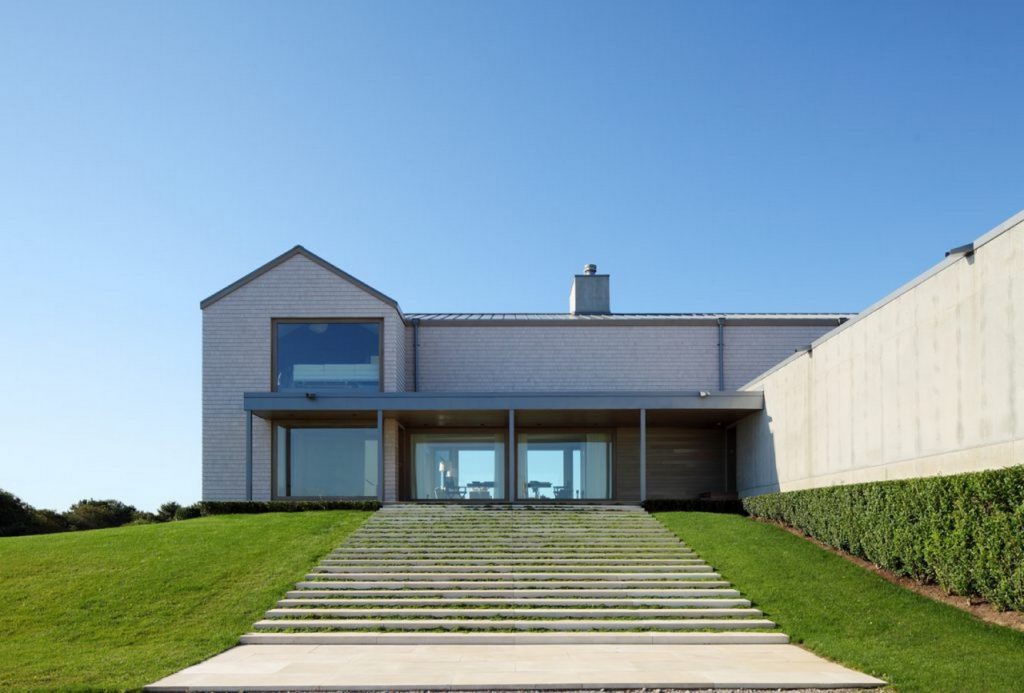Window tinting has become a popular choice for homeowners, www.brooklynwindowtinting.com car owners, and businesses looking to enhance aesthetics, comfort, and energy efficiency. While many people might associate window tinting solely with cars, its applications extend far beyond vehicles. This article explores the various benefits of window tinting, the different types available, and some considerations to keep in mind when choosing to tint windows.
Understanding Window Tinting
Window tinting involves applying a thin film to glass surfaces to reduce the amount of sunlight entering a space. This film is available in various shades and materials, each offering different levels of light transmission and UV protection. The primary purposes of window tinting include enhancing privacy, reducing glare, improving energy efficiency, and protecting interiors from sun damage.
Benefits of Window Tinting
- UV Protection: One of the most significant advantages of window tinting is its ability to block harmful ultraviolet (UV) rays. Prolonged exposure to UV rays can lead to skin damage and increase the risk of skin cancer. Tinted windows can block up to 99% of UV rays, providing an essential layer of protection for occupants.
- Energy Efficiency: Window tinting can significantly reduce energy costs by minimizing heat gain during hot weather. By reflecting sunlight, tinted windows keep indoor spaces cooler, reducing the need for air conditioning. This energy efficiency can lead to lower utility bills and a smaller carbon footprint.
- Glare Reduction: Glare from the sun can be distracting and uncomfortable, particularly in workspaces and while driving. Window tinting reduces glare, making it easier to see screens and reducing eye strain. This improvement in visibility enhances comfort and productivity.
- Enhanced Privacy: Tinted windows provide an added layer of privacy for homes and vehicles. They allow occupants to see out without being easily seen from the outside. This feature is particularly beneficial for those living in densely populated areas or for businesses that want to protect client confidentiality.
- Interior Protection: Sunlight can fade furniture, flooring, and artwork over time. Window tinting helps protect interiors from sun damage by blocking a significant portion of the sun’s rays. This can prolong the life of furnishings and maintain the aesthetic appeal of indoor spaces.
- Aesthetic Appeal: In addition to its practical benefits, window tinting can enhance the appearance of a building or vehicle. Various shades and styles are available, allowing for customization that complements the overall design.
Types of Window Tinting Films
- Dyed Window Film: This type of film is made by adding dye to a layer of polyester. It provides a sleek appearance and offers some privacy and heat reduction but does not have the same level of UV protection as other types.
- Metalized Window Film: Metalized films have a layer of tiny metallic particles that reflect heat and UV rays. They are more effective at reducing glare and protecting against fading but can interfere with electronic signals.
- Ceramic Window Film: Ceramic films are made with advanced technology, featuring tiny ceramic particles that provide excellent heat and UV protection without interfering with signal transmission. They tend to be more expensive but offer superior performance.
- Safety and Security Films: These films are designed to hold shattered glass in place, providing an added layer of security against break-ins and accidents. They come in various shades and can also provide UV protection.
Considerations When Choosing Window Tinting
- Local Laws and Regulations: Different states and countries have laws governing the allowable levels of tint for vehicles and residential properties. Before applying window tint, it’s crucial to check local regulations to ensure compliance.
- Professional Installation vs. DIY: While some may consider DIY tinting, professional installation is often recommended for a flawless finish and optimal performance. Professionals have the expertise to ensure proper application and avoid common pitfalls.
- Quality of the Film: Not all window tinting films are created equal. Investing in high-quality films can result in better performance and longevity, ensuring that the benefits of tinting are maximized over time.
- Desired Benefits: Consider the primary reasons for tinting your windows. Whether you’re focused on UV protection, energy efficiency, aesthetics, or privacy, different films cater to different needs.
Conclusion
Window tinting offers a range of benefits that can improve comfort, aesthetics, and safety in both residential and automotive settings. With various types of films available, it’s essential to consider your specific needs and preferences when choosing the right tint for your windows. By understanding the advantages and considerations of window tinting, you can make an informed decision that enhances your space while protecting against the sun’s harmful effects. Whether for your home, car, or business, investing in window tinting can be a worthwhile endeavor for improved quality of life.


